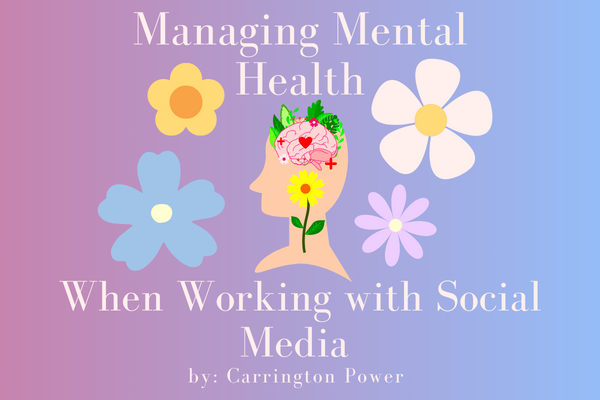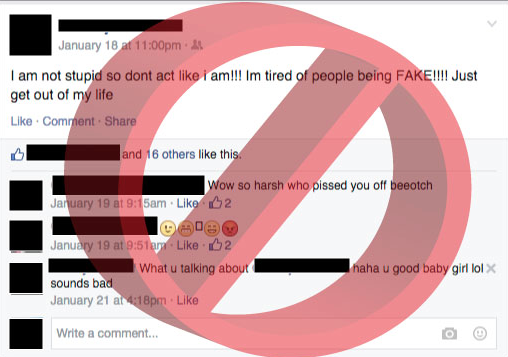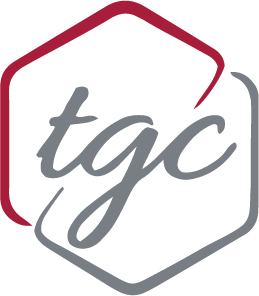Tag: socialmedia
-

Managing Mental Health When Working With Social Media
By: Carrington Power “Socials can be a joy- with the right team, fair compensation and an adequate amount of support,” – Miciah Garcia, digital media coordinator at Chico State It’s no secret that social media has negatively impacted the mental health of many users. Bullying, sleep disruption and unrealistic expectations about appearance are a few…
-

Finding the balance between personal and professional social media:
Today, as college kids, we put our entire lives on our social media; we feel the need to share every thought, feeling and activity. But when the time comes for us to join the job hunt, our future employers will, without a doubt, search through that social media to get an idea of who we…
